Nghia Tam was established on the basis of merging three communes: Binh Thuan , Minh An and Nghia Tam of Van Chan district (old). This land was once famous as the "capital of oranges", with vast hillsides that helped many families prosper and their children have adequate conditions for education.
But since 2016, the yellow leaf and root rot epidemic has spread widely, combined with the soil being degraded due to chemical abuse, causing orange trees to become exhausted, forcing many gardens to be cut down. The once-prosperous orange growing areas have become desolate. This lesson has forced people to change their production mindset, moving towards clean, sustainable agriculture , and restoring the citrus brand.
Mr. Do Van Loi's family's lemon garden is carefully tended every day.
Currently, Nghia Tam commune has over 700 hectares of fruit trees, mainly citrus trees. On the hillsides, patches of green orange trees are reviving. People here are busy pruning branches, fertilizing, and taking care of each tree. The drops of sweat on the hills mixed with the cheerful voices and laughter are lighting up the belief that the sweet fruit season will return.
During the recovery journey, many households boldly changed their methods to improve efficiency. Mr. Do Van Loi's family in An Thai village had 4 hectares of orange trees. Due to many old and underdeveloped roots, he converted 2 hectares to grow lemon trees. Each year, the family harvested about 25 tons of lemons, selling them for 10,000 - 13,000 VND/kg. Combined with the revenue from grafted branches, the total revenue reached about 400 million VND.
Mr. Loi shared: Before, we used to use a lot of chemical fertilizers, the plants grew quickly but the soil was hard and prone to pests and diseases. Now we have switched to growing lemons, using organic fertilizers, the soil is loose, the plants are healthy, and the economic efficiency is more stable.
Nghia Tam oranges are famous for their rich sweetness, juicy segments, and characteristic aroma.
Also persistent in maintaining citrus trees, Mr. Nguyen Hai Bang’s family in Dat To village has converted the area of poor quality oranges to grow Canh oranges and lotus tangerines. The new trees are green and healthy, with even, good quality fruit, bringing the family hundreds of millions of dong each year.
Mr. Bang shared: We did not abandon the orange trees but changed the varieties and methods. Delicious oranges and tangerines still have a place, as long as we do it with the right techniques, our income will certainly be stable.
People of Nghia Tam commune receive orange and tangerine seedlings.
Not only individual households, Binh Thuan Orange Cooperative is also a bright spot in the process of restoring citrus trees in Nghia Tam. The cooperative currently has more than 90 hectares of oranges, of which more than 70 hectares are in the green fruit growing stage. Members have changed their habits, applied VietGAP, prioritized organic fertilizers, and absolutely did not use herbicides. Thanks to that, orange trees are healthy, have even fruit, and no longer have yellow leaves like before.
Mr. Nguyen Hai Bang checks the quality of oranges and tangerines during the growing and developing period.
Binh Thuan oranges have been certified by VietGAP, meeting 3-star OCOP standards, and are stably consumed in Hanoi and many neighboring provinces. The products not only bring income to members but also contribute to affirming the local clean agricultural product brand.
Accompanying farmers, Nghia Tam commune government also plays an important role.
Mr. Do Chi Thanh - Vice Chairman of the Commune People's Committee said: "The commune has developed a plan to renovate old orange gardens, encourage the use of healthy varieties, apply VietGAP and organic; at the same time promote the model of linking cooperatives and cooperative groups to increase value and stabilize output".
According to Mr. Thanh, the commune also cooperates with functional departments to supply quality seeds, train in care techniques, and prevent diseases. In particular, the locality recommends that people do not replant on areas that have been severely infected, but first need to treat pathogens, improve the soil with organic fertilizers and microorganisms to restore fertility, and limit the risk of disease recurrence.
Compared to famous orange growing areas such as Cao Phong (Phu Tho) or Bac Quang (Tuyen Quang), Nghia Tam has to go through a particularly difficult period: a large area of dead land due to disease and soil degradation. However, from these difficulties, Nghia Tam has the opportunity to make a difference. The locality has natural advantages: well-drained hilly land, temperate climate, large temperature range between day and night. The oranges here are famous for their rich sweetness, juicy segments, and characteristic aroma. If they know how to combine soil improvement, use organic fertilizers, and probiotics instead of chemical fertilizers, Nghia Tam can completely rebuild its orange brand in the direction of "clean and sustainable" - a trend that is favored by the market.
In 2025, Nghia Tam promises a successful orange crop.
Restoring citrus trees in Nghia Tam is not only about overcoming the consequences of the epidemic, but also about starting over on the basis of ecological agriculture. People change their production mindset, the government supports them, and cooperatives and businesses work together to link production and consumption of products.
The lush green orange gardens today are proof of the belief in the revival of the once “orange capital”. Nghia Tam has the basis to affirm the brand of clean, safe, sustainable citrus trees, while contributing to creating a new image for Lao Cai agricultural products, reaching further in the market.
in the province
Source: https://baolaocai.vn/nghia-tam-phuc-hoi-vung-cay-an-qua-co-mui-theo-huong-ben-vung-post882592.html


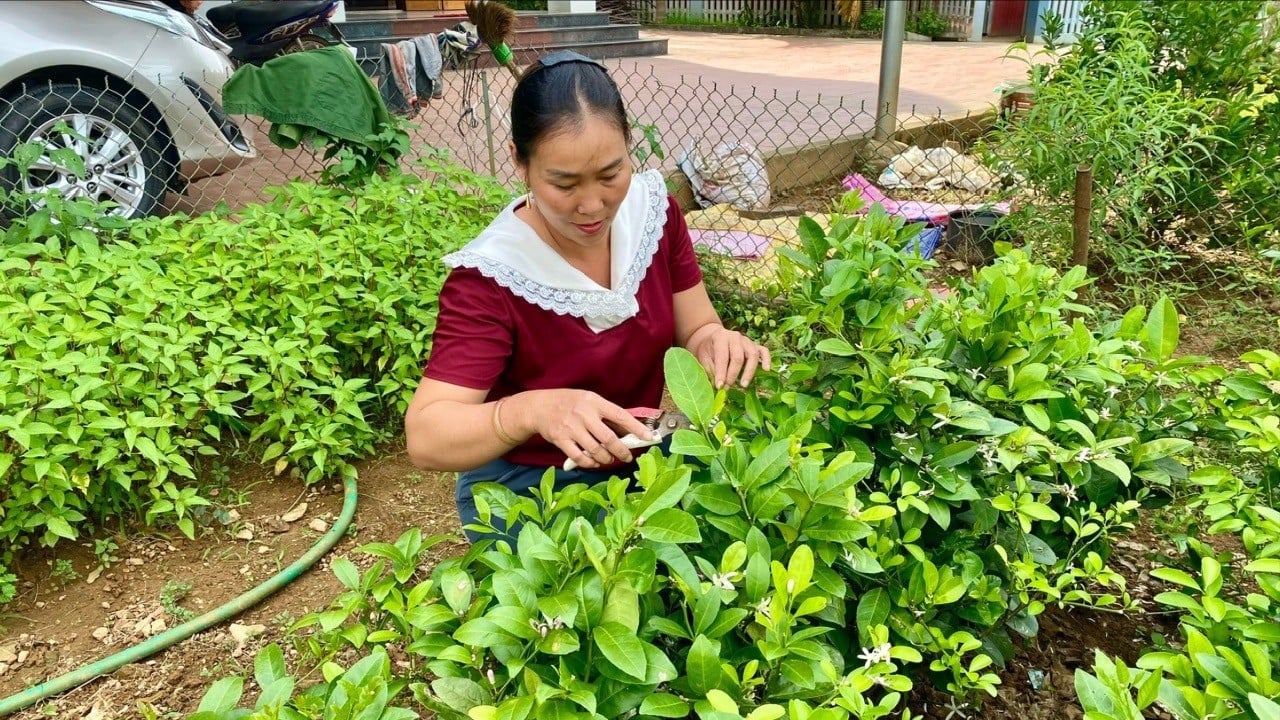
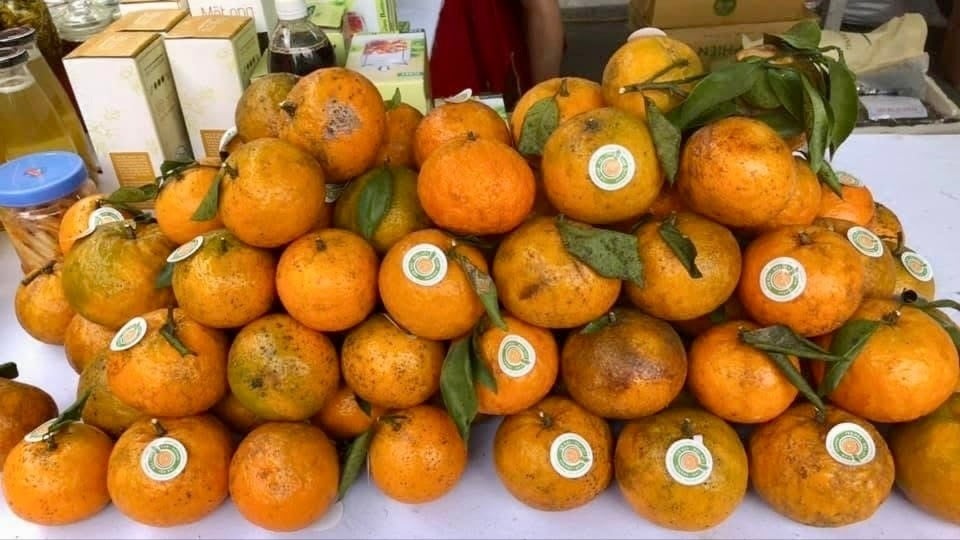
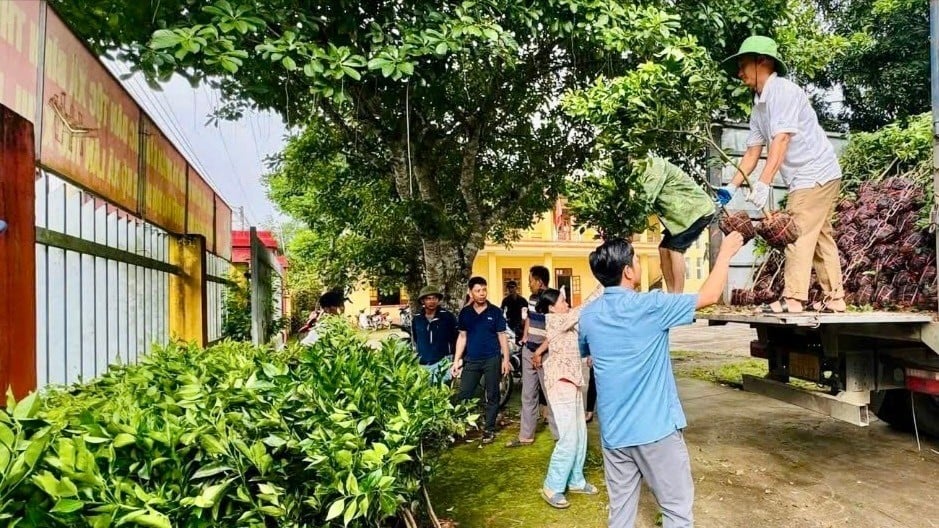
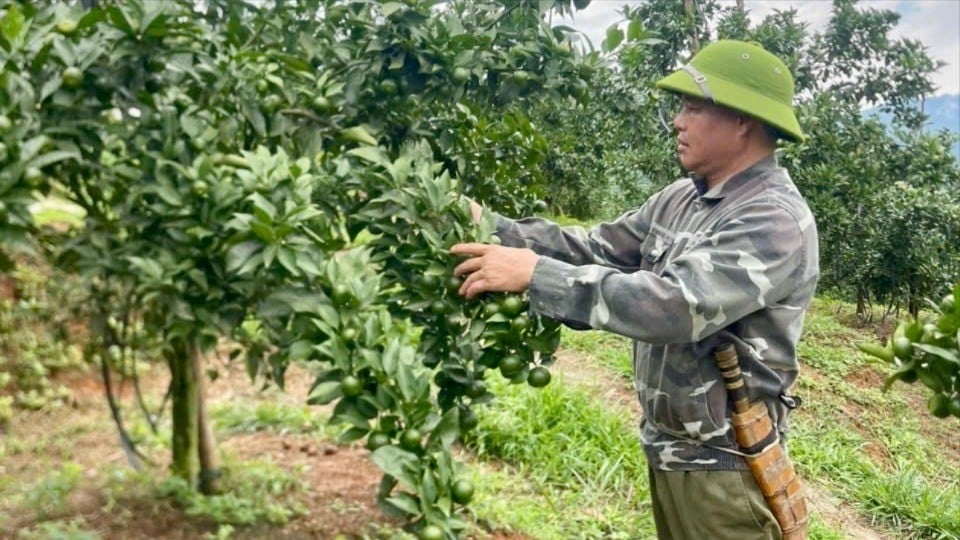
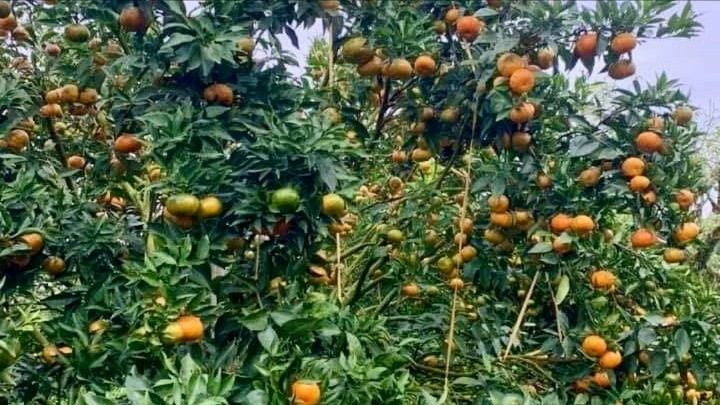


![[Photo] Prime Minister Pham Minh Chinh launched a peak emulation campaign to achieve achievements in celebration of the 14th National Party Congress](https://vphoto.vietnam.vn/thumb/1200x675/vietnam/resource/IMAGE/2025/10/5/8869ec5cdbc740f58fbf2ae73f065076)



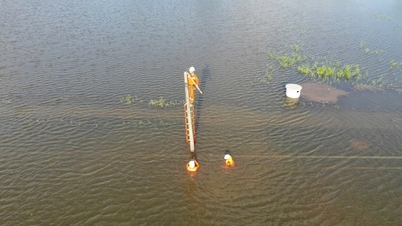

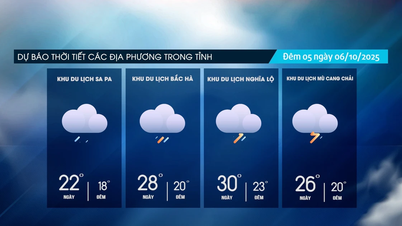

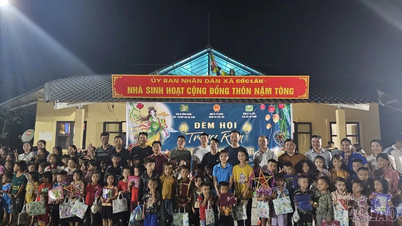
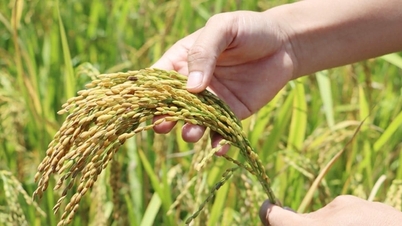

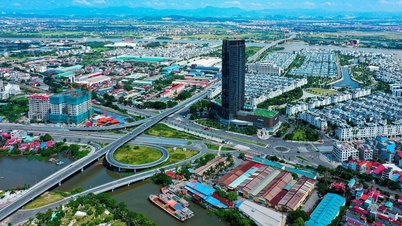





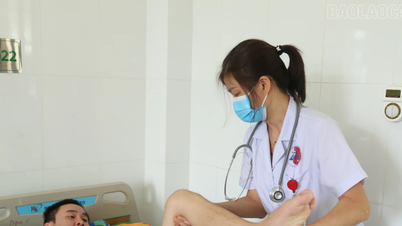
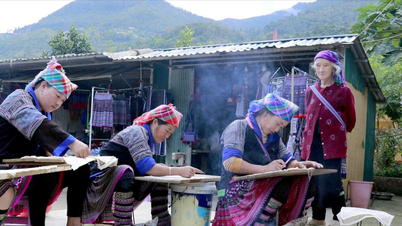
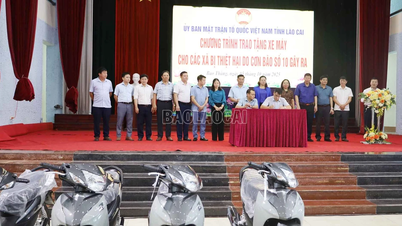
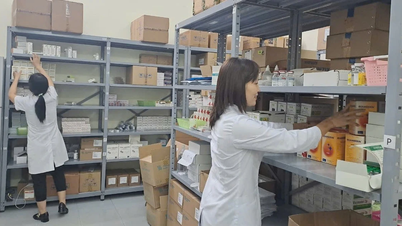
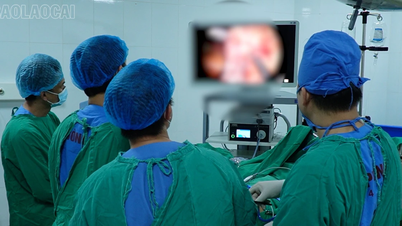

![[Photo] Bustling Mid-Autumn Festival at the Museum of Ethnology](https://vphoto.vietnam.vn/thumb/1200x675/vietnam/resource/IMAGE/2025/10/4/da8d5927734d4ca58e3eced14bc435a3)

























![[VIDEO] Summary of Petrovietnam's 50th Anniversary Ceremony](https://vphoto.vietnam.vn/thumb/402x226/vietnam/resource/IMAGE/2025/10/4/abe133bdb8114793a16d4fe3e5bd0f12)

![[VIDEO] GENERAL SECRETARY TO LAM AWARDS PETROVIETNAM 8 GOLDEN WORDS: "PIONEER - EXCELLENT - SUSTAINABLE - GLOBAL"](https://vphoto.vietnam.vn/thumb/402x226/vietnam/resource/IMAGE/2025/7/23/c2fdb48863e846cfa9fb8e6ea9cf44e7)














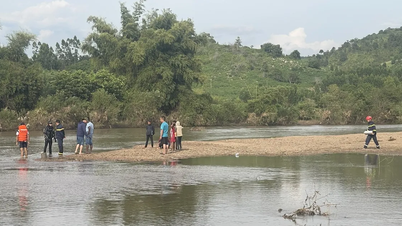
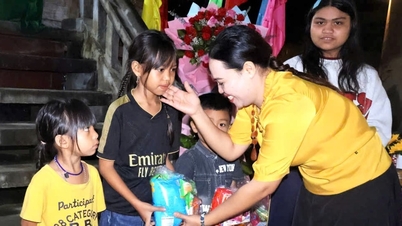
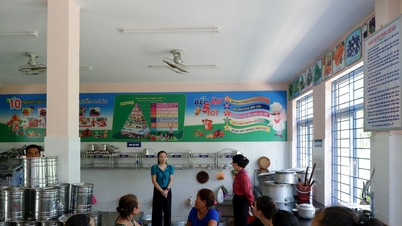

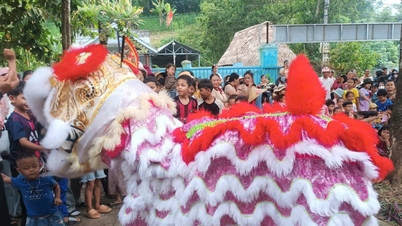
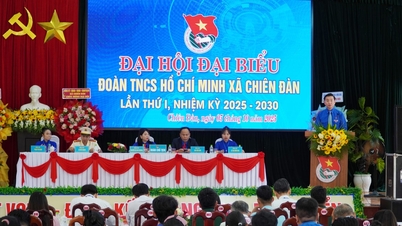













Comment (0)